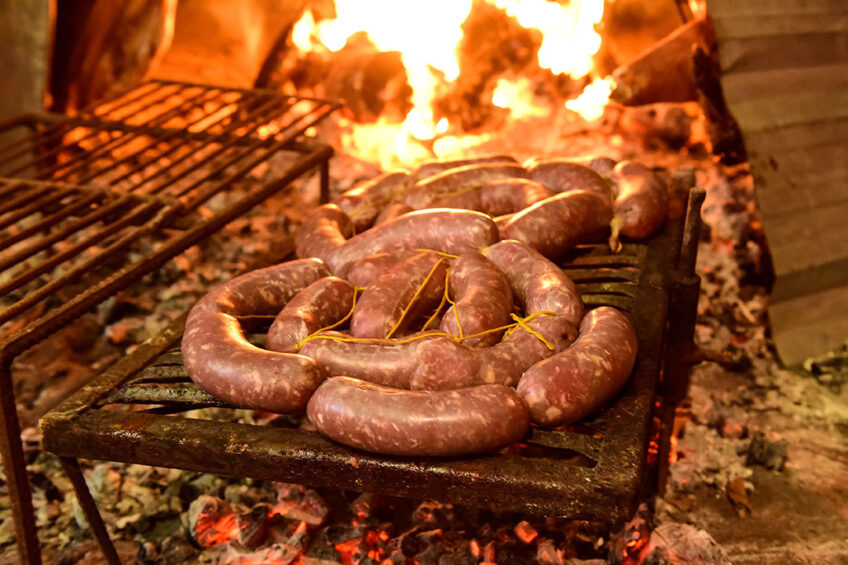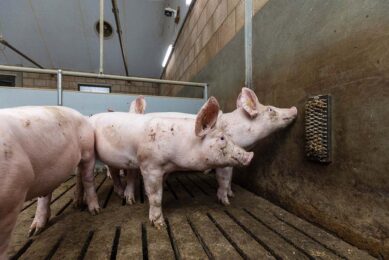Argentina: Pig chain boom since the year 2000

Argentina’s pig sector has experienced 2 decades of impressive increase at a growth rate above 8% per year. That number makes the sector the most dynamic in the country’s economy since 2011.
Those figures were shared by Argentinean consultancy firm IES. In line with official data, the rise of pig production in Argentina has started even earlier. In 2002, the country produced 136,000 tonnes. Last year, the number reached 775,000 tonnes, 5.7 times more in 19 years with a growth annual average of 10.3%.
Both the domestic market as well as exports have confirmed that trend. In 2020, pork exports in 2020 reached a new record with 43,000 tonnes driven by demand from China – a relatively recent phenomenon.
Attempts to start Argentina’s pork exports
The first attempt to export Argentinean pork meat was in 2009. The idea was revived in 2015. Since then, the initiative has generated strong growth in recent years, with 13 destinations, currently being China with 67% of the main export market.
The current share of exports in relation to total production is small, around 5.4%. It is worth mentioning that 2020 is the first year with a favourable trade balance in quantity and in foreign currency and, historically, Argentina had always been an importer of pig protein.
The consumption per capita also increased strongly. In 2011, on average every Argentinean consumed 8.62 kg per year, according to the Argentina’s Ministry of Agriculture, Livestock and Fisheries. Last year, that amount was at 19.3 kg last year (an increase of 123.8%).
A main world supplier of pork
Argentina has a plan in order to drive the country as one of the main world suppliers by 2030. In April, the sector presented its 2020-2030 strategic plan to the national government in the Agro-Industrial Council of Argentina.
By 2030, they aim for an annual improvement of:
- 6% in the number of sows (the goal is 700,000 sows);
- a 5% increase in kg meat produced per sow per year (3,000kg);
- 11% in tonnes produced (2.1 million tonnes);
- 7% in domestic consumption (1.3 million tonnes);
- 31% in exports (800,000 tonnes); and
- 6% in per capita consumption (30 kg).
New record highs for pork production
After the 2020 record, in the first 2 months of 2021, the expansion of pork production continued with a 5.1% increase in production to 101,100 tonnes and a 2% in slaughter. Foreign sales also maintained the strong momentum and grew 75.1% in value (to US$ 12.8 million) and 43.7% in quantity (to 6,600 tonnes).
Pig industry prospects for 2021
According to consultancy firm IES, the sector will continue to grow in 2021, but at a slower pace. The flattening of domestic consumption in 2021 (despite favourable relative prices) will become a factor that is expected to slow down further growth this year.
Foreign demand will continue to foster production, although its share is still relatively low to boost the sector. Production at the beginning of 2021 was at lower levels than at the end of 2020 and its growth is expected to slow down in the coming months, as there are no factors that drive demand.
 Beheer
Beheer









 WP Admin
WP Admin  Bewerk bericht
Bewerk bericht